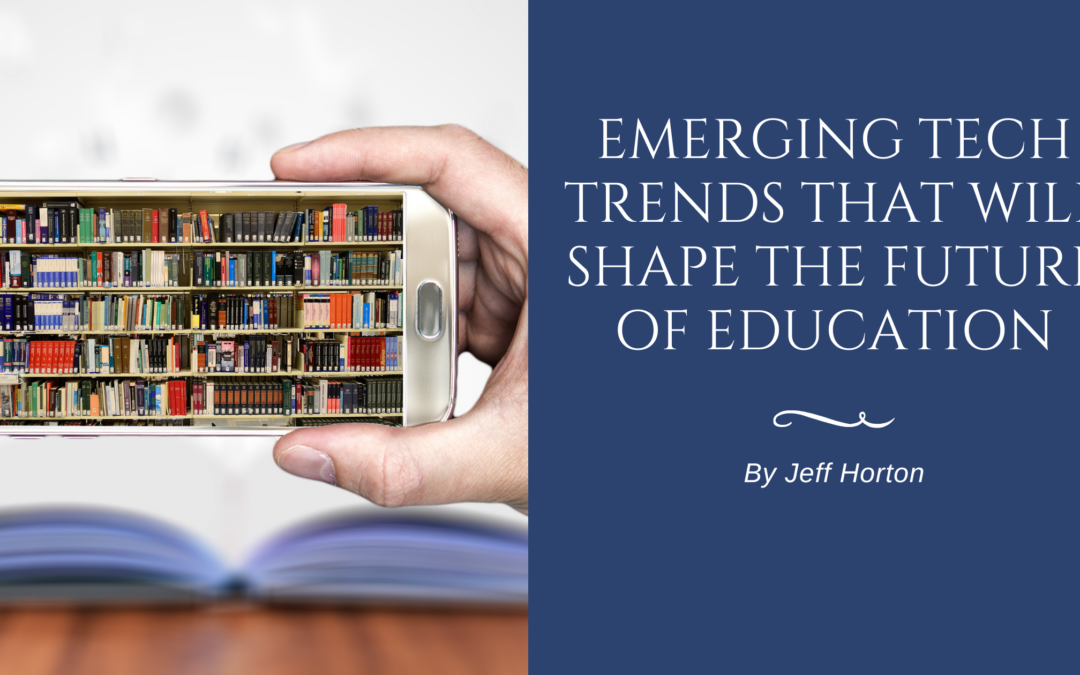The education sector is undergoing a profound transformation as emerging technologies redefine traditional learning paradigms. These innovations are enhancing accessibility, engagement, and personalization, preparing students for a dynamic, tech-driven world. Here are the top tech trends poised to shape the future of education.
- Artificial Intelligence (AI) in Learning
AI is revolutionizing education by enabling personalized learning experiences. AI-powered tools can assess a student’s strengths and weaknesses, providing tailored recommendations for improvement. Virtual tutors, like AI chatbots, offer round-the-clock assistance, while advanced AI systems help educators streamline grading and administrative tasks.
- Immersive Technologies: AR and VR
Augmented Reality (AR) and Virtual Reality (VR) are transforming classrooms into immersive environments. AR overlays digital information onto the physical world, enabling interactive lessons like anatomy visualization or historical re-enactments. VR, on the other hand, transports students to simulated environments, allowing them to explore topics like space exploration or underwater ecosystems in a hands-on manner.
- Gamification and Game-Based Learning
Gamification is gaining traction as an effective way to boost engagement and motivation. By integrating game elements like rewards, leaderboards, and challenges into educational content, students are more likely to stay engaged. Platforms offering game-based learning, such as Minecraft Education Edition, foster creativity and problem-solving skills.
- Blockchain for Secure Records
Blockchain technology is emerging as a solution for secure and verifiable academic records. Digital credentials stored on a blockchain network eliminate the risk of forgery, providing employers and institutions with instant, tamper-proof access to a student’s achievements.
- Internet of Things (IoT) in Smart Classrooms
IoT is enabling the development of smart classrooms equipped with connected devices like interactive whiteboards, automated lighting, and smart desks. These tools create a responsive learning environment, optimizing comfort and engagement while collecting data to improve classroom management.
- EdTech Platforms for Lifelong Learning
With the rise of EdTech platforms, education is no longer confined to traditional schooling. Platforms like Udemy, Coursera, and LinkedIn Learning offer a wealth of courses for continuous skill development, catering to learners of all ages.
- 5G and High-Speed Connectivity
The adoption of 5G technology promises to bridge the digital divide by delivering high-speed internet to remote areas. This enhanced connectivity enables real-time virtual classes, HD video content, and seamless collaboration, ensuring equitable access to education.
As these technologies continue to evolve, they promise to make education more inclusive, engaging, and future-ready. The integration of these tools will not only enhance learning outcomes but also prepare students to navigate a rapidly changing world with confidence.

